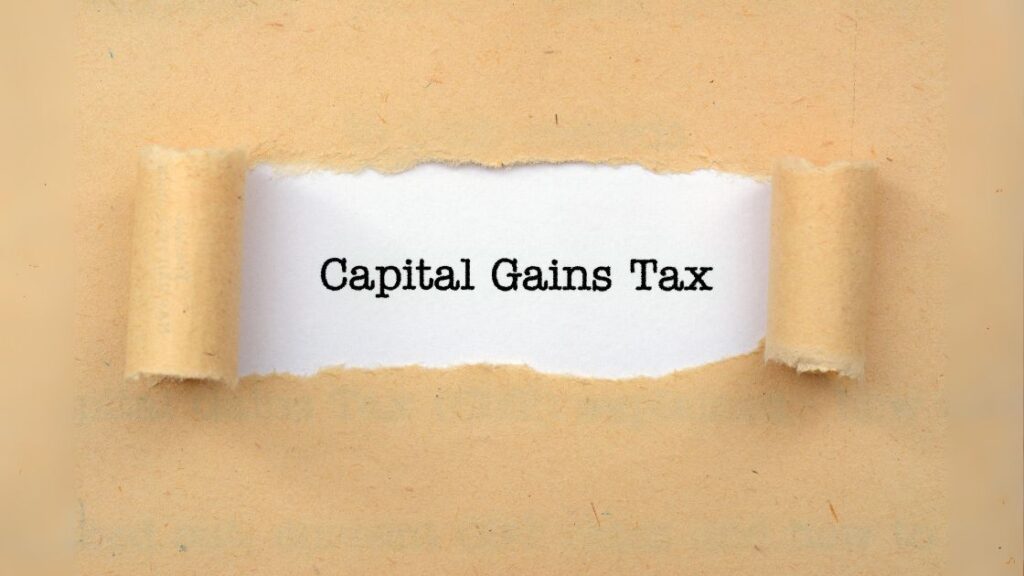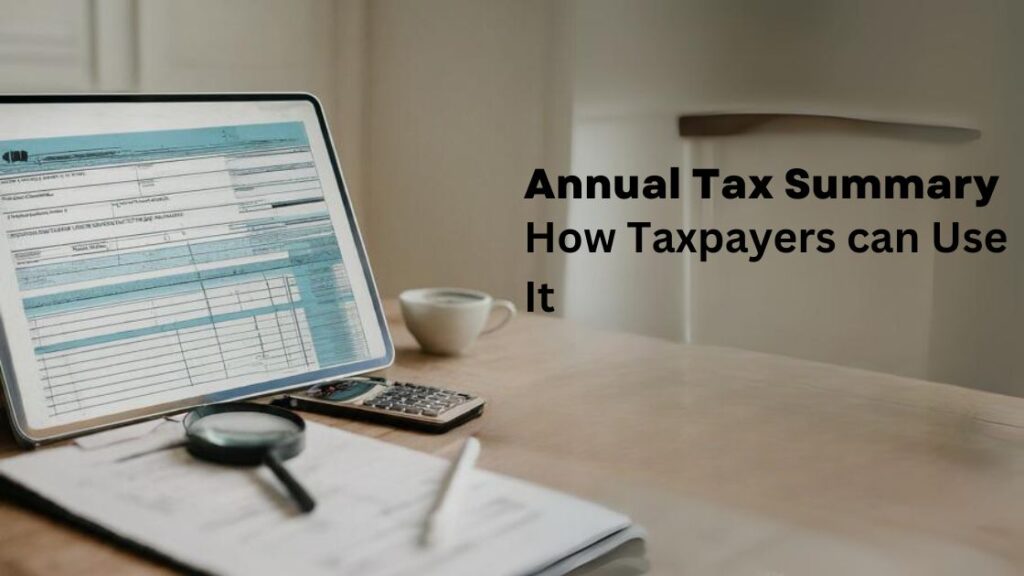Making the correct selection of the mortgage as per your financial health and goals is the most important decision that you need to take in the process getting a mortgage for yourself. This selection process can be broken in to two step first being knowing the various factors that lenders consider and second step would be to completely evaluate the factors you should consider before getting a mortgage.
Factors that lenders consider to evaluate eligibility
Debt to Income Ratio (DTI: This ratio compares your monthly debt to your gross monthly income. It is a very good indicator of how much installment each month you can accommodate in your current income monthly. It consists of two ratios first being Front- end DTI which compares your house related expenses to your monthly income and second is Back-end DTI which included all your monthly debt obligations including your existing mortgages, personal loans, credit card payments, car loans etc. Lenders usually prefer a lower debt to income ratio as it shows your capacity to include monthly mortgage payment into your existing monthly obligations.
Loan to Value Ratio (LTV): It is the value of the amount of your mortgage divided by appraised value of your house. Appraised value means the value that an appraiser evaluates for your house which means the raw value which does not includes additional values including decors etc. This ratio indicates the comparison of your down payment and risk associated with the payments of the mortgage. Lenders use this ratio also to make the decision that whether they would require private mortgage insurance for your mortgage and to make the ultimate decision to give you a mortgage or not for your house. Higher the ratio lesser is the down payment and greater is the risk associated with the mortgage.
Credit Utilization ratio: This is simply the ratio of credit you are currently using to the total credit that is available to you. This is ratio is directly linked to your credit score which directs effects your ability to become eligible for the mortgage and interest rate of the same. Lower credit utilization ratio is preferred, credit utilization ratio below 30 percent is considered ideal to qualify for the mortgage.
Housing expense ratio: It your monthly housing expenses including your mortgages payments, property taxes etc. divided by gross monthly income. This ratio gives lenders a comprehensive idea about how much of your earnings go towards your housing related expenses. Lower this ratio is better is financial stability and greater is your ability to own a house.
Cash flow coverage Ratio: This is mostly used in real estate financing it is defined as property’s net operable income divided by mortgage debt service (Including principal and interest payments). It helps the lenders to assess the property’s potential to generate income to cover debt obligations.
Payment to Income ratio: This ratio measures percentage of your income going to the mortgage payments. It does not include other debt obligations like personal loans, credit cards, car loans etc. This ratio gives lenders idea that you would be afford the mortgage in your present monthly income.
Personal financial factors that you must consider
Financial readiness: It is very important to consider your employment and income stability along with your existing debts get a comprehensive idea in determining the size of mortgage that you can afford comfortably without any stress. Lenders do calculate your debt-to-income ratio to be certain about your affordability for the mortgage but you must make sure that you have a complete idea that how much bigger hole the mortgage payment will be making financially each month in your earnings.
Credit Score: Credit score is a number on a defined scale which represents how well you manage your debts. Lenders are willing to lend their money to the applicants that is how they will earn money by getting interest on the money. All they want to make sure is that there is minimum risk of default from the customer and a customer with a good credit just provides that assurance.
Down Payment: Housing mortgages have some amount associated with it which is called down payment which you are supposed to pay upfront. The more you will be paying as a down payment the lesser amount will be charged interest for the tenure of your mortgage and lower would be your installments.
Interest rates: Your research about the interest rates will save money you will be paying through your tenure of mortgage. It is very crucial to browse through the interest rates as a small reduction in the interest rate will save money and will result in lower monthly payments. As its your money you cannot afford to be lazy in this aspect.
Closing cost and other fees: You must be aware how much it will cost you if you want to close the mortgage early and what are the various fees that the lender would be charging you like the loan fees, insurances, property taxes etc. As no body likes to be see additional amount when they are at the closing stage of their mortgage.
Clarity of your future plans: By this we mean that you must be clear with the purpose regarding the property for which you are getting the mortgage. As this will be the deciding factor for the mortgage type you should go for. As if you are planning to shuffle the property and make some benefit out of it discounted rate one would be the best option.
Financial stability: This factor must be considered even before you are planning to get a house and an analysis must be done in order to know whether it is the right time, do have the required down payment and are you ready to the extra load of the monthly payments. As this analysis defines your capability to responsibly manage your mortgage.
You must consider the factors listed as it is your money and you are decision maker about the mortgage that you are planning to take. One wrong decision can lead to a domino effect in finances and you should not be the suffering the consequences of lack of awareness.


















